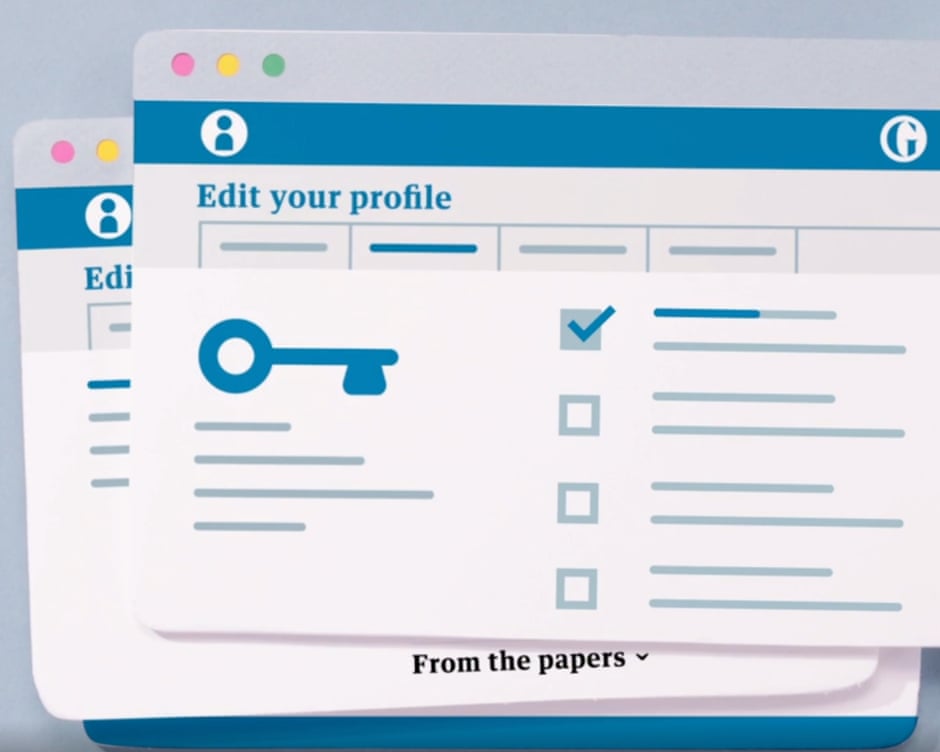
Former Buccaneers All-Pro running back Doug Martin dies at 36
Entities mentioned:
- Doug Martin: Competitive spirit, Determination, Professional pride
- Tampa Bay Buccaneers: Pride, Legacy, Recognition
- Martin's family: Privacy, Grief, Respect
Article Assessment:
Credibility Score: 85/100
Bias Rating: 50/100 (Center)
Sentiment Score: 25/100
Authoritarianism Risk: 20/100 (Strongly Democratic)
Bias Analysis:
The article presents a balanced account of Doug Martin's career and passing, using official statements and factual information. There's no apparent political slant or favoritism towards any particular viewpoint.
Key metric: NFL Player Health and Safety
Let me tell you something, folks - this is a CRUSHING BLOW to the football world! Doug Martin was a POWERHOUSE on the field, a true GAME-CHANGER who could break tackles like he was swatting away flies. His sudden departure from the gridiron of life at just 36 is a stark reminder that even the toughest athletes aren't invincible. This is a FOURTH QUARTER WAKE-UP CALL for the NFL to step up its game in player health and safety. Martin's legacy as an All-Pro running back will forever be etched in the Buccaneers' hall of fame, but his untimely passing is a FUMBLE we never saw coming. The league needs to HUDDLE UP and tackle this issue head-on, ensuring our gridiron gladiators are protected long after they hang up their cleats. This isn't just about wins and losses anymore, folks - it's about life and death in the ultimate game of football.

Florida State football player in critical but stable condition after being shot while visiting family
Entities mentioned:
- Ethan Pritchard: Self-preservation, Determination, Professional pride
- Florida State University: Duty, Loyalty, Unity
- Pritchard family: Security, Privacy, Unity
- Gadsen County Sheriff's Office: Duty, Justice, Security
Article Assessment:
Credibility Score: 75/100
Bias Rating: 50/100 (Center)
Sentiment Score: 30/100
Authoritarianism Risk: 20/100 (Strongly Democratic)
Bias Analysis:
The article presents a balanced account of the incident, focusing on factual information from official sources. It refrains from speculative commentary and provides context about the player's background without sensationalizing the event.
Key metric: Violent Crime Rate
As a social scientist, I analyze that this incident highlights the persistent issue of gun violence in the United States, even affecting high-profile college athletes. The shooting of a Florida State football player while visiting family underscores the unpredictable nature of violent crime and its potential impact on individuals regardless of their status. This event may contribute to public perception of safety and could influence discussions on gun control and community safety measures. The university's response demonstrates institutional support for student-athletes, which could have implications for recruitment and retention in college sports programs.

US court says Trump’s Doge team can access social security numbers and other sensitive data
Entities mentioned:
- Trump administration: Control, Power, Efficiency
- Department of Government Efficiency (Doge): Efficiency, Control, Power
- Unions: Self-preservation, Security, Privacy
- US appeals court: Duty, Justice, Obligation
- Donald Trump: Power, Control, Efficiency
- Elon Musk: Ambition, Influence, Efficiency
Article Assessment:
Credibility Score: 75/100
Bias Rating: 45/100 (Center)
Sentiment Score: 35/100
Authoritarianism Risk: 65/100 (Authoritarian Tendencies)
Bias Analysis:
The article presents a relatively balanced view, including perspectives from both sides of the issue. However, there's a slight lean towards emphasizing the concerns of the unions and potential privacy issues, which may indicate a subtle center-left bias.
Key metric: Government Efficiency and Transparency
As a social scientist, I analyze that this court decision represents a significant shift in the balance between government efficiency efforts and individual privacy concerns. The ruling allows the Trump administration's Doge team to access sensitive personal data, potentially impacting millions of Americans. This move towards centralized data access could lead to increased government efficiency, but it also raises serious privacy and security concerns. The court's decision suggests a prioritization of administrative streamlining over potential privacy risks, which could have long-term implications for how personal data is handled in government systems. The conflict between unions and the administration highlights the tension between workforce protection and government downsizing initiatives. This case also demonstrates the ongoing debate about the appropriate scope and power of unofficial government teams like Doge in accessing and utilizing sensitive information.

Privacy policy
Entities mentioned:
- Anthropic: Professional pride, Duty, Transparency
- Users: Security, Privacy, Self-preservation
Article Assessment:
Credibility Score: 50/100
Bias Rating: 50/100 (Center)
Sentiment Score: 50/100
Authoritarianism Risk: 20/100 (Strongly Democratic)
Bias Analysis:
The minimal content provides little basis for assessing bias. The neutral framing of privacy as important avoids taking a strong ideological stance, placing it in the center of the spectrum.
Key metric: Consumer Privacy Protection
As a social scientist, I analyze that this article appears to be a placeholder or header for a privacy policy rather than a full article. The lack of substantive content limits meaningful analysis, but the emphasis on privacy and data protection suggests a focus on user rights and responsible data handling practices. This aligns with growing concerns about digital privacy and data security in the tech industry and society at large. The framing presents privacy as something that 'matters', implying its importance to both the company and users.
- Read more about Privacy policy
- Log in to post comments